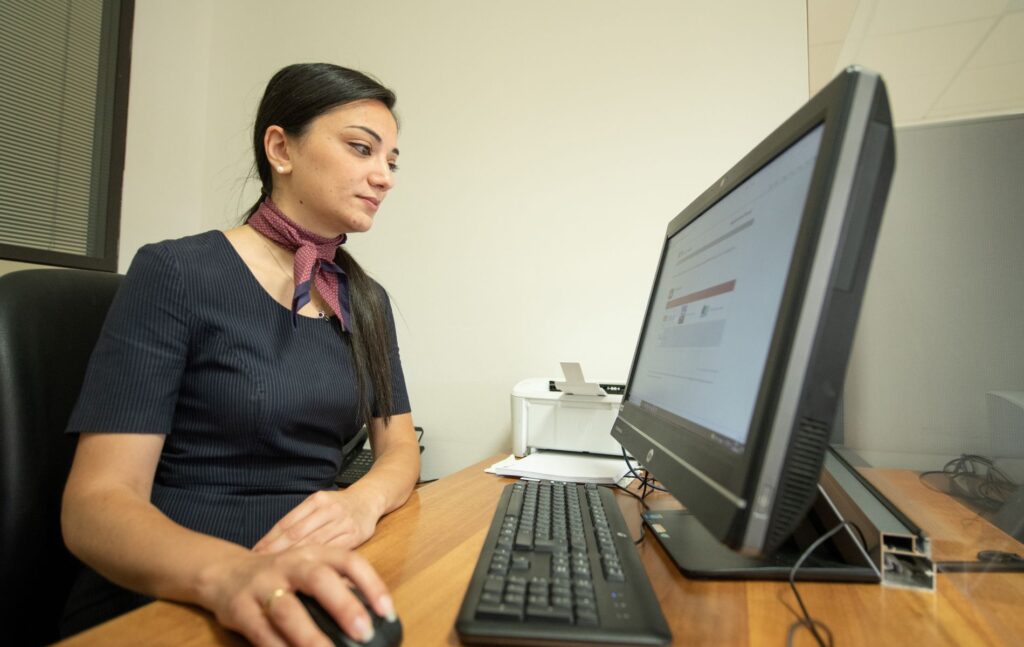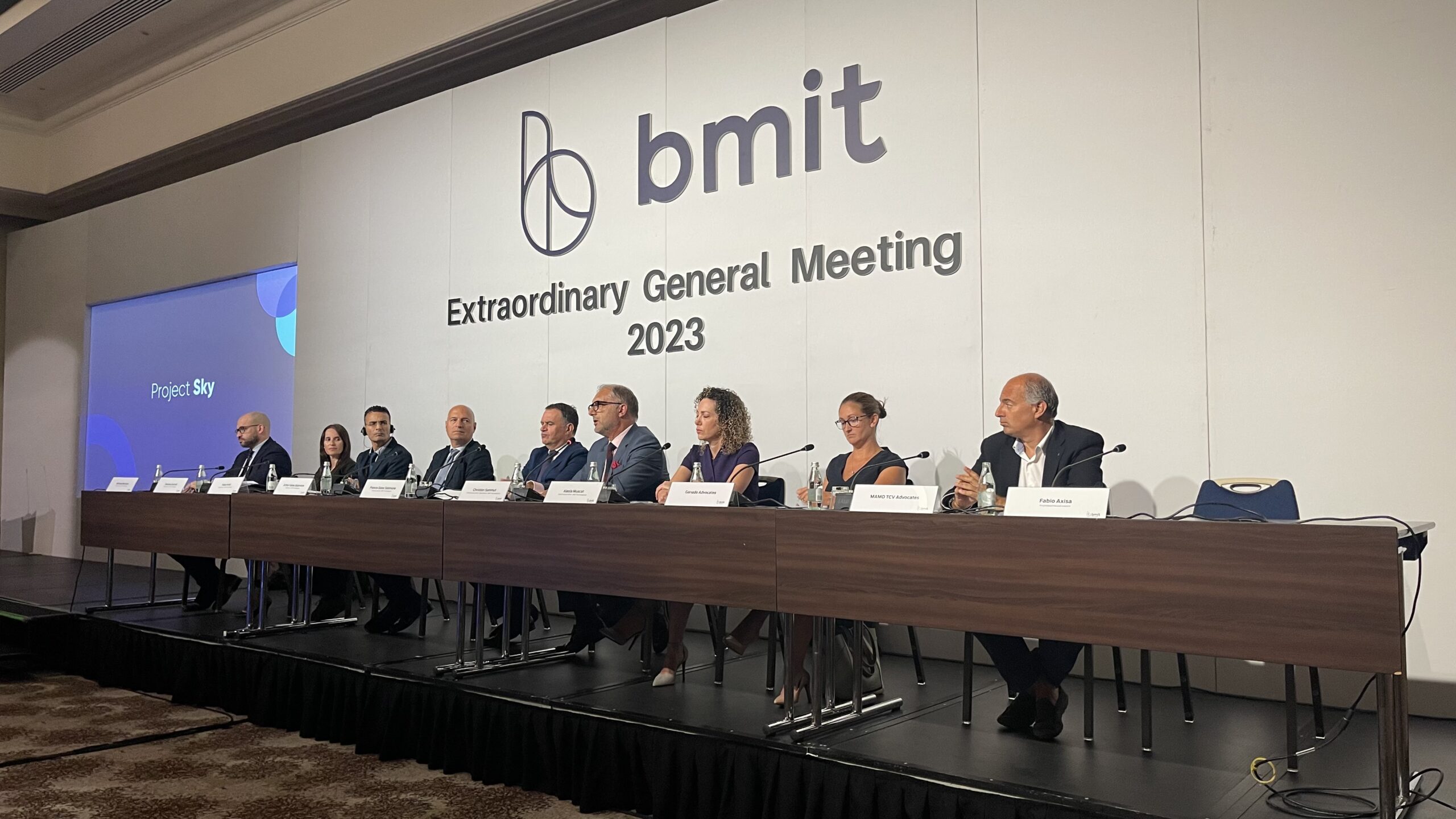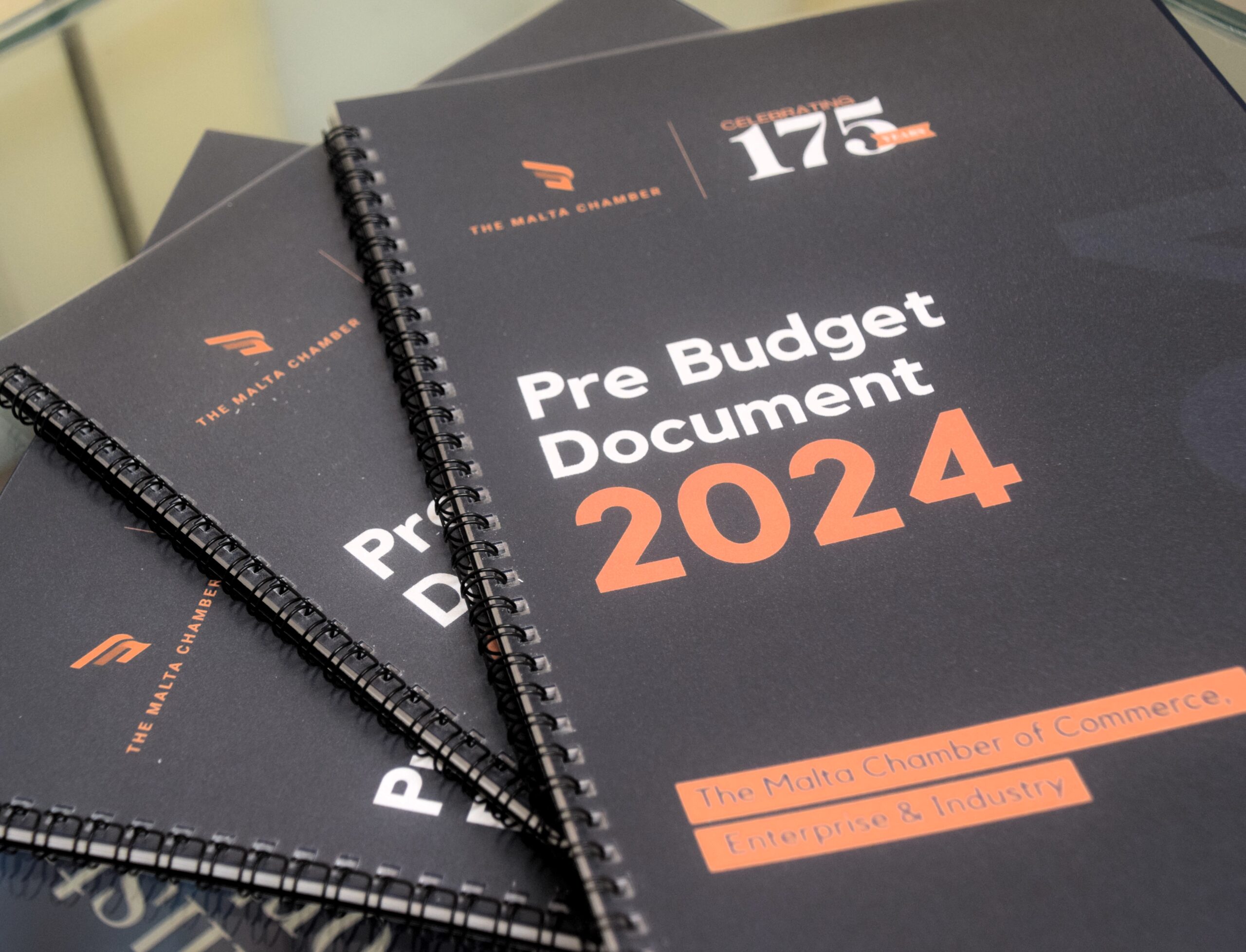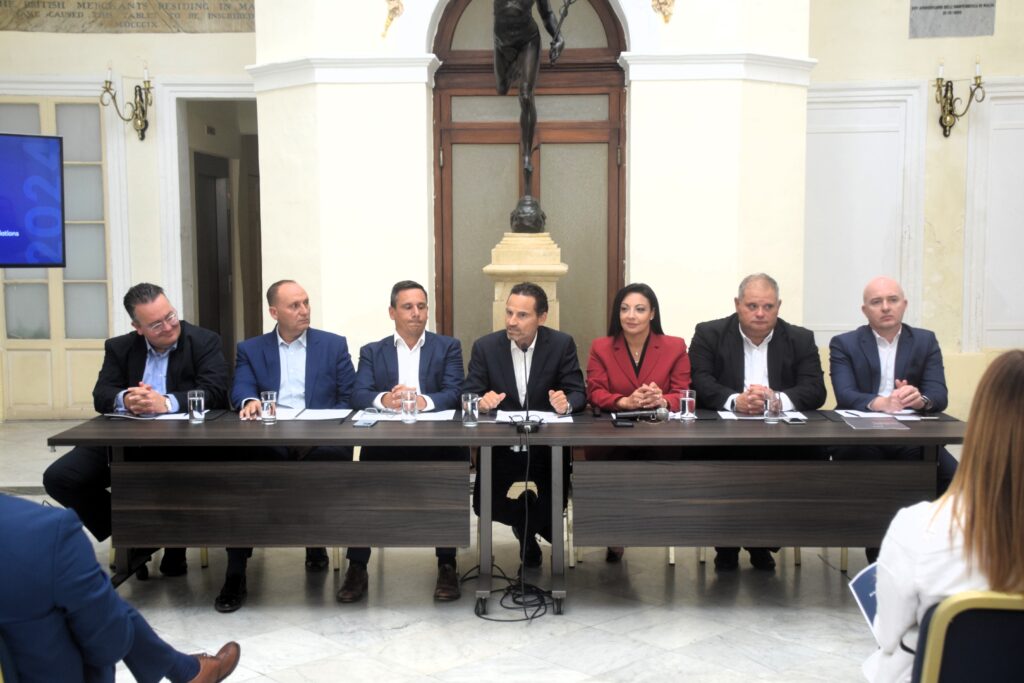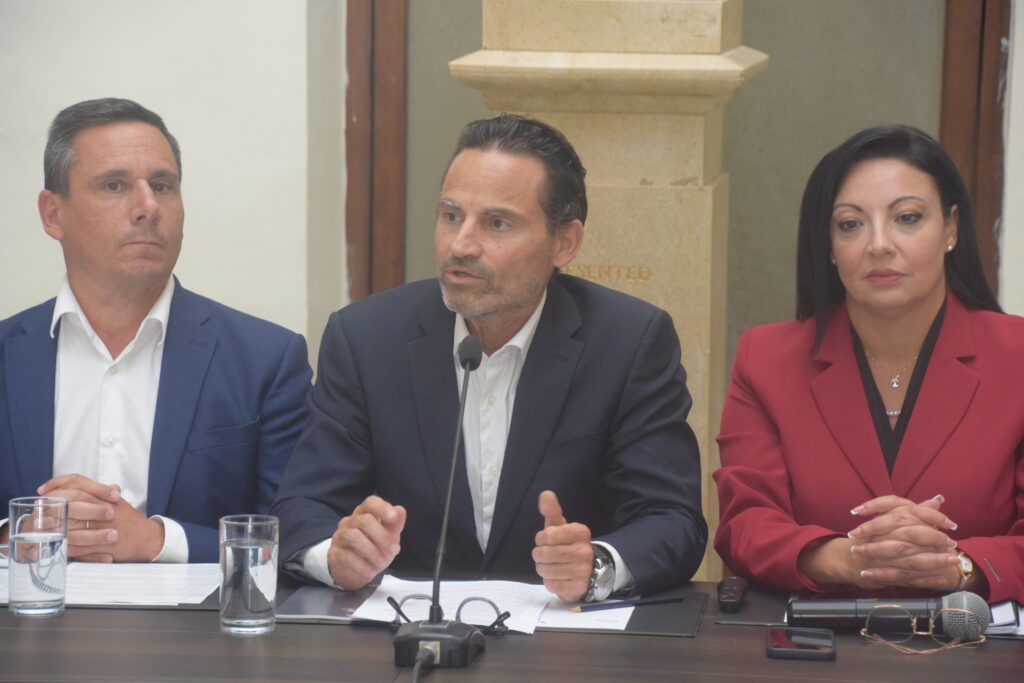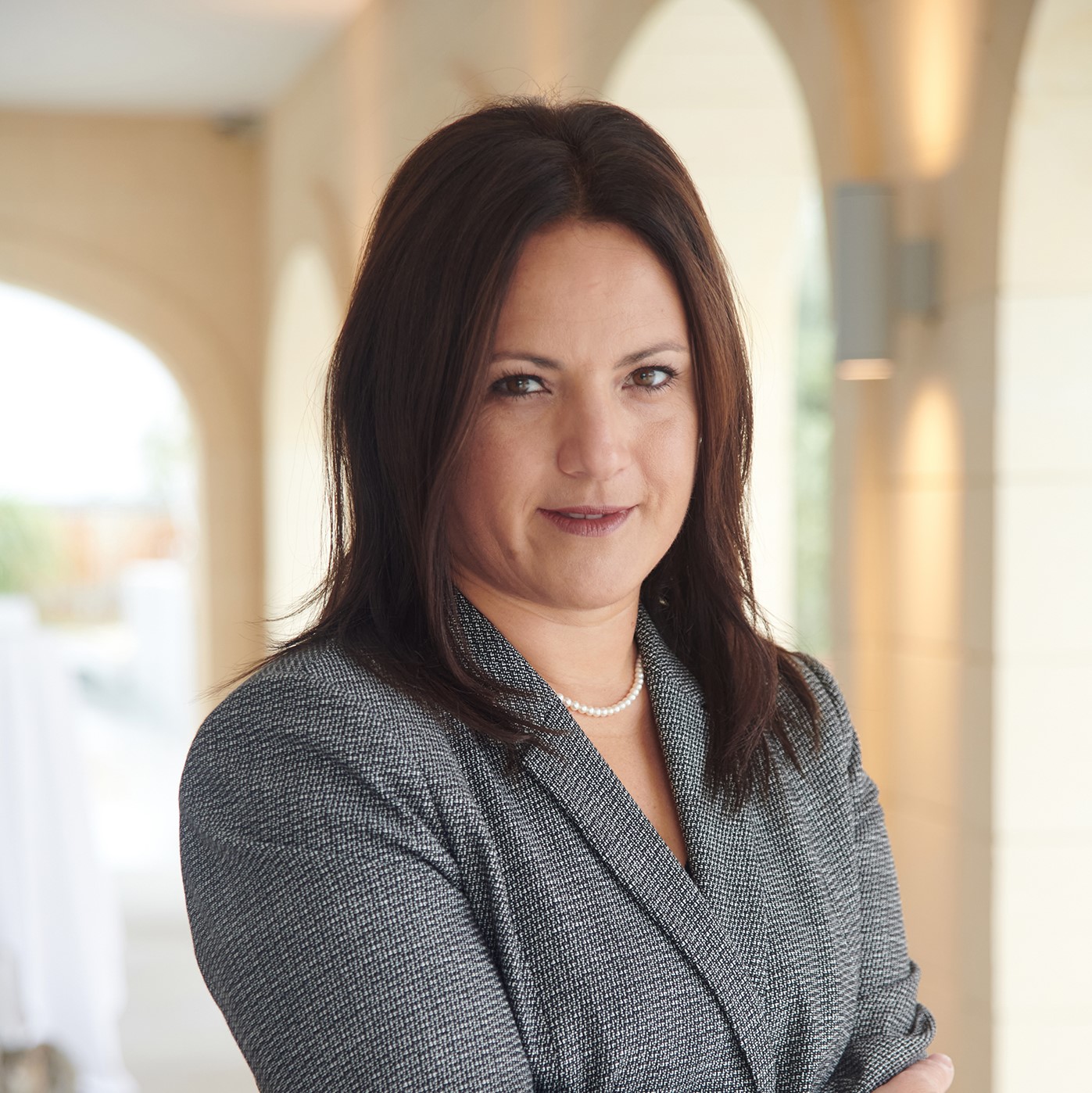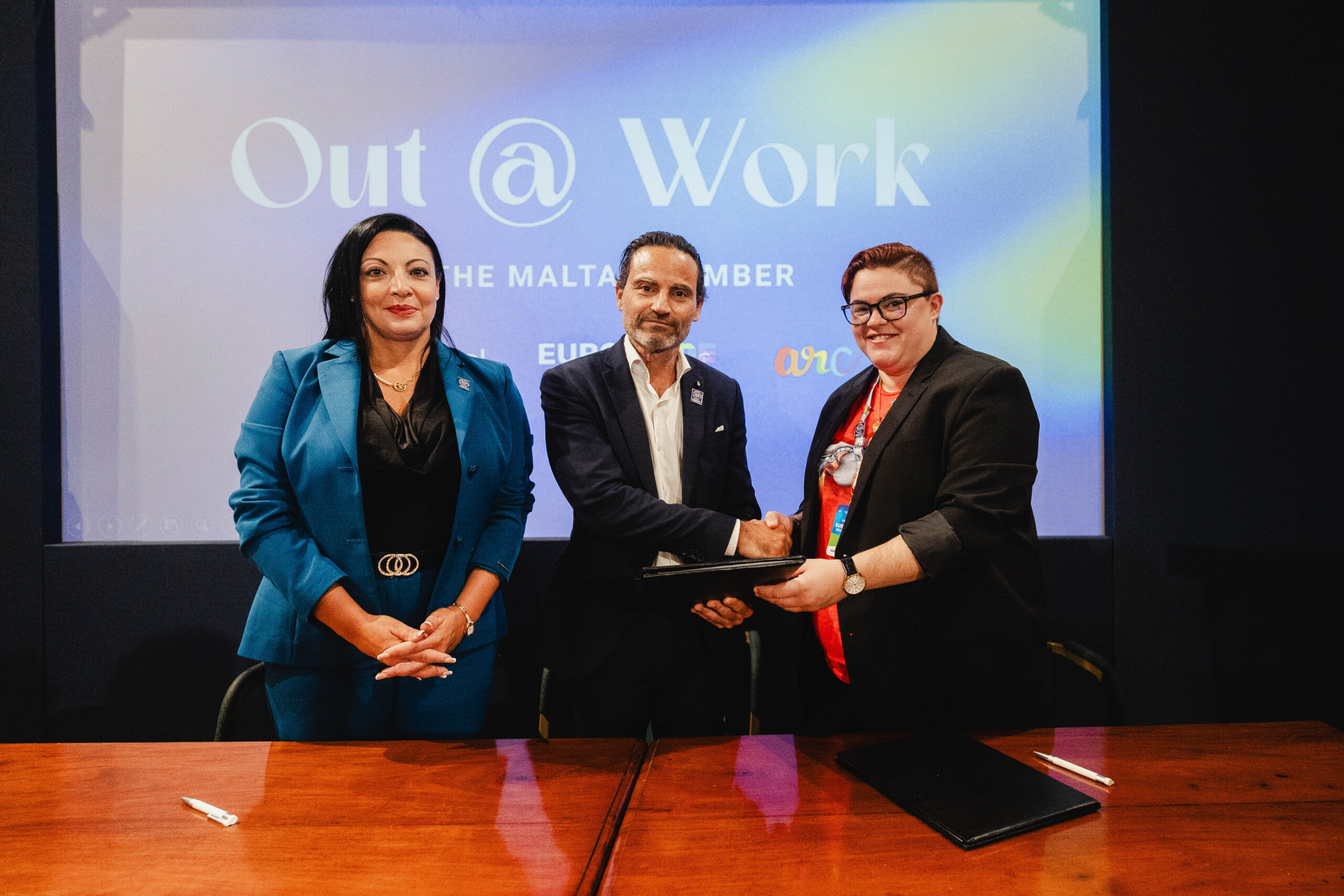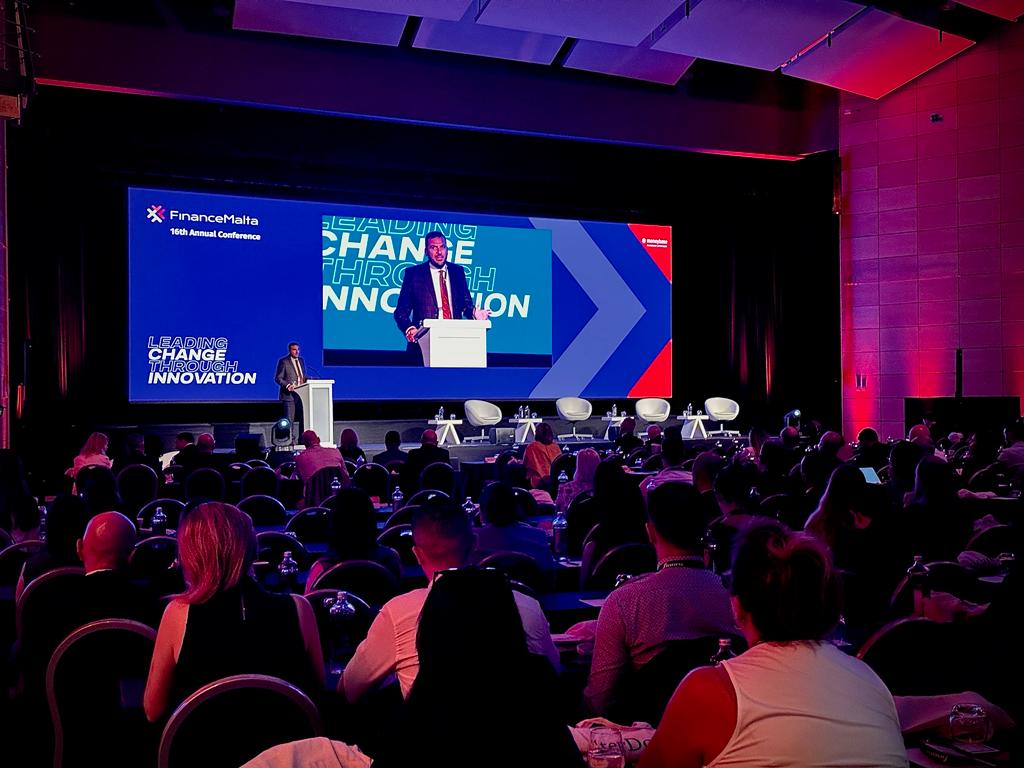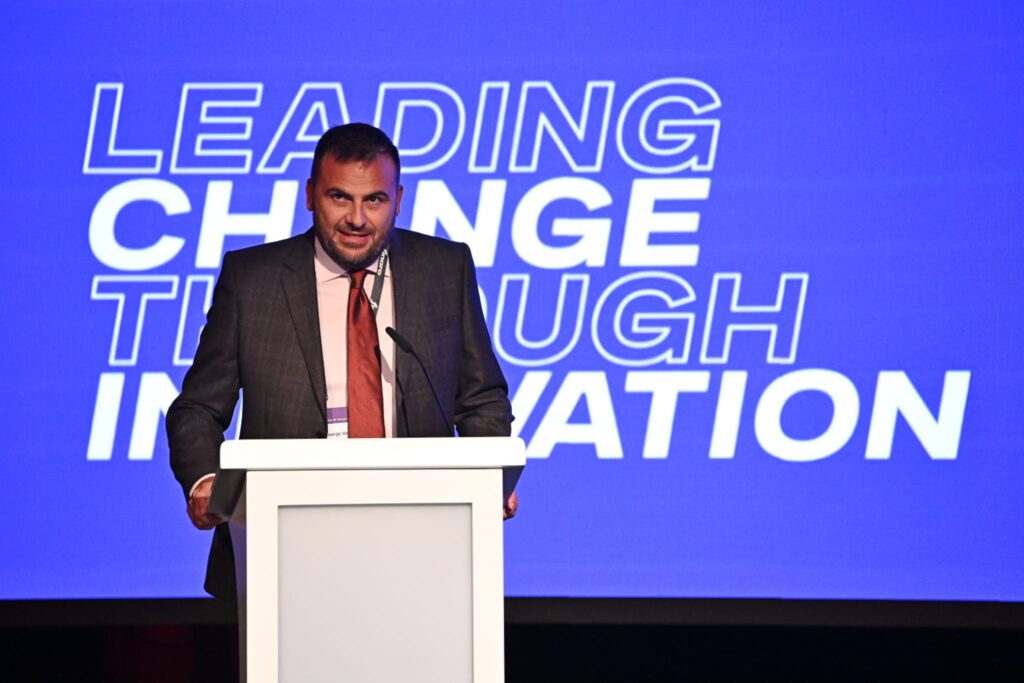Standard and Poor’s (S&P) has just assigned Bank of Valletta a BBB-/A-3′ rating, upgrading the previous rating to a stable outlook. S&P also highlighted the fact that in future evaluation, they would consider a further rating upgrade by one notch, once the Bank registers an additional loss-absorbing capacity buffer that comfortably exceeds their 4% risk-adjusted capital ratio threshold.
In their evaluation on the local economy, S&P commented on the fact that the sound economic fundamentals in Malta are easing the risks of a sharp real estate price correction for local banks. They anticipate Malta’s economy to continue growing in the coming quarters, and that slowdown in 2023 will be milder than its peers’ and its rebound more robust in 2024. S&P also expect real GDP growth of over 3% in both 2023 and 2024, versus an average below 1% in the euro area, largely due to tourism and gaming industry resiliency. High household savings of 37% will ease the impact of inflation and tighter credit conditions on real income. S&P commented on the fact that high house prices appear well supported by fundamentals, benefiting from Maltese citizens’ preference for owning homes, interest from residents of other countries, as well as government incentives.
On top of that, the regulator has put in place policy measures to reduce the risk of imbalances, including increasing risk weights for residential mortgage loans and stricter lending requirements at origination, in the form of limits on loan to value and debt service.
In such a context, Standard and Poor’s expect BOV to maintain strong capitalization and resilient asset quality metrics, in which the Bank’s risk adjusted capital (RAC) ratio will be 14.3%-14.8% over the next couple of years, supported by improving net profits and a prudent dividend policy. They also anticipate that benefits from higher interest rates and margins will likely offset the impact on profitability from rising credit losses and expenses, as inflation adds to already soaring operating costs, thanks to the Bank’s efforts to strengthen its risk management and controls. Also, S&P highlighted the fact that their projection with regards to BOV’s credit losses, despite moderately increasing, will remain manageable at about 50 basis points (bps) in 2023-2024. S&P also expect BOV to benefit from diminishing reputational risks in the banking sector, thanks to the Maltese authorities’ progress in strengthening supervisory and enforcement effectiveness which ultimately was a key factor for BOV to enter a new U.S. correspondent banking agreement with an international bank.
Commenting on Standard and Poor’s rating, Dr Gordon Cordina, BOV Chairman, stated that BOV’s upgrade is a clear indication that the Bank continues to head in the right direction to maintain its leading role within the local financial and economic sectors. “The projected outlook of the local economy offers the Bank great opportunities to enhance its market position, whilst providing added value to our customers with strong risk management and regulatory controls. The rating given to BOV by Standard and Poor’s is a clear indication that the Bank’s strategy is achieving expected results, which will ultimately further enhance BOV’s reputation as the Bank of Choice within the local community.”
Mr. Kenneth Farrugia, BOV Group Chief Executive Officer, noted that Standard and Poor’s assigned stable rating was underpinned by Bank of Valletta’s strong performance in operating revenues, resilient profitability, contained credit losses and a strong solvency position. The CEO stated that, “2022 was an extremely positive and productive year for the BOV Group, and the hard work put in by all employees has resulted in increased custom from our customers. This rating is yet another recognition of the Bank’s efforts to continue supporting the growth and development of Malta’s economy, while maintaining our commitment to responsible and sustainable banking practices. Our key focus remains centred on the optimisation of our business and operational service model, as we create and deliver value to our customers and other key stakeholders. I am confident that all our stakeholders will welcome this improved rating, given from such a major rating agency despite unprecedent circumstances which have affected both the local and international markets, such as the increase in inflation and the high interest rates.”


